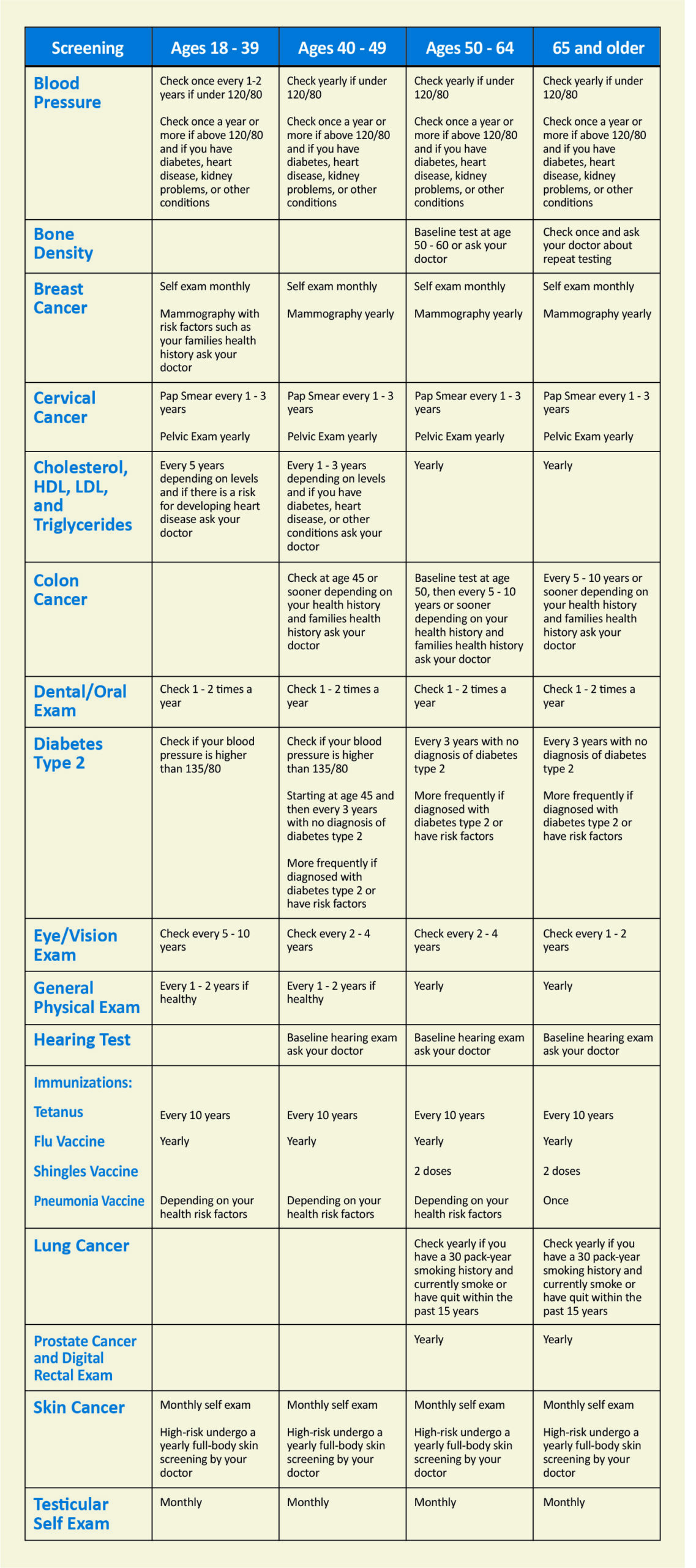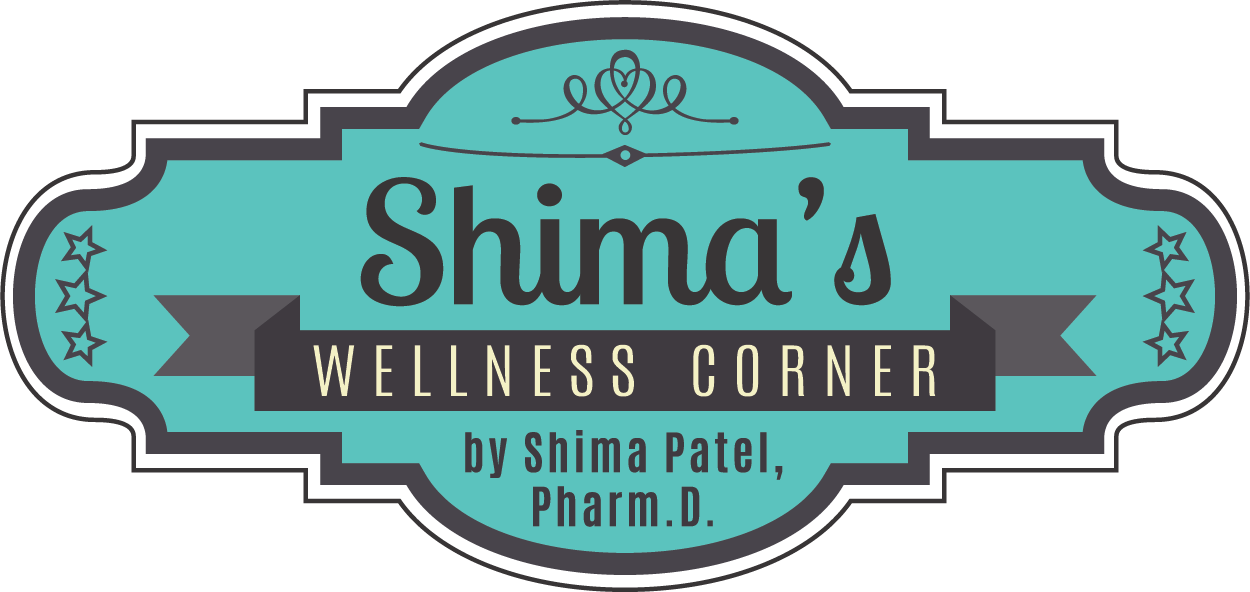Flu Facts vs. Flu Myths
Influenza (Flu) is a potentially serious disease that can lead to hospitalization and sometimes even death. Every flu season is different, and the infection can affect everyone differently. Millions of people get the flu every year, hundreds of thousands of people are hospitalized and thousands to tens of thousands of people die from flu-related causes every year. This year, more than ever, it is important for you and your family to receive your annual flu vaccine to help protect against the flu. When you get a flu vaccine you are protecting yourself, children, grandparents, the healthcare system, coworkers, the immunocompromised, your community, and the list goes on.
How Do Flu Vaccines Work?
Flu vaccines cause antibodies to develop in the body about two weeks after vaccination. These antibodies provide protection against infection with the viruses that are used to make the vaccine. The seasonal flu vaccine protects against the influenza virus that research indicates will be most common during the upcoming season. You should get a flu vaccine before flu viruses begins spreading in your community, since it takes about two weeks after vaccination for antibodies to develop in your body. The CDC recommends that people get a flu vaccine by the end of October. Getting vaccinated too early could lead to reduced protection against the flu later in the flu season.
Flu Facts vs. Flu Myths
“People who get a flu shot are more likely to develop Alzheimer’s disease”
FALSE. Recent studies have indicated that flu and pneumonia vaccines may actually protect people from Alzheimer’s, possibly contributing to the protection of memory, cognition, and overall brain health.
“I should get a flu shot later when there are cases in my area”
FALSE. As stated above, your body needs about two weeks after you receive the flu shot before the antibodies can protect you against the virus. Get your flu vaccine so you are covered before flu viruses begin to circulate, not after.
“The flu shot will give me the flu”
FALSE. The flu vaccination will not give you the flu. The vaccines are made from ‘inactivated’ (killed) flu viruses. Some people experience a fever or body aches for a few days after receiving the vaccine, but this is not the flu. These side effects are a normal reaction and a result from your body creating an immune response to the vaccine.
“I don’t need a flu shot, I got one last year”
FALSE. The vaccine is developed each year specifically for the virus strains predicted to circulate during the upcoming flu season. Also, the body’s immune response gradually decreases over time, so it is important to get a flu shot every year during the recommended time frame to ensure the best possible protection.
“I don’t need to get the flu shot because I have never had the flu before”
FALSE. The flu shot doesn’t just protect you from getting the flu but it also protects those around you. Many healthy people can be infected with the flu virus and spread it to others by coughing, sneezing, talking, or from touched surfaces even if they are not showing symptoms. There are also certain populations such as newborns, immunocompromised, cancer patients that are unable to receive vaccinations or are unable to develop an adequate response to the vaccine, so it is even more important for healthy individuals to be vaccinated to prevent spreading it to those most at risk of severe illness.
“A flu shot isn’t safe while pregnant”
FALSE. Getting the flu shot is safe during all trimesters of the pregnancy and can even pass antibodies along to the baby while protecting the mother. These antibodies can continue to protect the baby several months after birth.
How effective is the flu vaccine?
While vaccine effectiveness can vary, recent studies show that flu vaccination reduces the risk of flu illness by between 40% – 60% among the overall population during season when the flu virus circulating is well-matched to the flu vaccine. In general, current flu vaccines tend to work better against influenza B and influenza A (H1N1) viruses. There are multiple strains of flu viruses that circulate every year. Researchers predict and develop vaccines based on the most common circulating strains from the previous year. While the flu vaccine is not able to protect against all the strains, it will reduce the risk of getting the flu and should also lessen the severity if you do get sick.
Talk to your doctor or pharmacist about the best time to receive your flu vaccine!
*information provided by the CDC


 About Shima:
About Shima:

